So why is natural gas being phased out?
Natural gas is being phased out of new home construction because burning any fossil fuel releases carbon dioxide into the atmosphere and contributes to the warming of the planet. The carbon dioxide emissions from burning natural gas are lower than with oil or coal, but there are other emissions to be concerned about. Burning natural gas also emits carbon monoxide, nitrogen oxides (NOx), and sulfur dioxide (SO2), along with methane, another potent greenhouse gas - but more about that later.
Breaking News Sept 2022! California introduces a ban on Gas Furnaces, Gas Boilers and Gas Water Heaters - leading the way for the USA...
Shouldn't "Natural Gas" really be called "Fossil Gas"?
Yes, natural gas should be correctly called fossil gas, as pointed out recently by Edgar Dearden, sustainable home designer with GNAR Inc in Whistler BC when he wrote to us about the size of the challenge to eradicate the use of natural gas for home heating. As I explained, there's only one problem with calling the gas that arrives in our homes "Fossil Gas", and that is down to some very effective marketing by the fossil fuel industry - if we did, then you probably wouldn't be reading this article right now as the majority of the public who search for information about the availability of supply or the environmental impact of "Natural" Gas search just that - and not "Fossil Gas".
So there you go, while it's about as Natural as the strawberry flavor in a slushy, we're unfortunately stuck with the term if we hope to make an impact... So, all that said...
How is natural gas extracted?
There are a variety of ways that natural gas is extracted, it really depends on the geology of the area. In can be accessed by vertical drilling, horizontal drilling, and the most controversial and ecologically damaging method – hydraulic fracking.
The process of fracking involves injecting a high-pressure fracking fluid – primarily comprised of water, sand and chemical thickening agents - into a well to create cracks in deep rock formations that releases gases. Some of these chemicals and liquids will of course remain in the earth, and much of it ends up back at the surface where it can be absorbed back into the ground, or spill into rivers and streams.

Does fracking contaminate drinking water?
There are conflicting opinions about whether or not fracking for gas can contaminate ground water, and consequently contaminate wells and drinking water. Opposing opinions on the internet eh, who knew that was a thing? Well, it is. From an industry perspective, you can easily find supporting documents stating that there is no conclusive evidence supporting a correlation between fracking and contaminated ground water. From environmental protection organizations, you can find conclusive and damning evidence that fracking poisons drinking water.
So, who to believe? We’ll let that be your choice. For some, it would appear that the idea of injecting chemicals at high pressure into the ground to create cracks in rock formations and release fossil fuels causes no consternation about contaminating adjacent aquifers. To others, present company included, the mere suggestion that such a process is safe is utterly asinine.
Renewable natural gas (RNG) as an "Alternative Fuel"
Renewable natural gas (RNG) is a pipeline-quality gas that is fully interchangeable with conventional natural gas and can be used in natural gas vehicles. We've heard about this a lot in the last few years, especially in areas that gather organic materials for recycling. RNG is essentially biogas (the gaseous product of the decomposition of organic matter) that has been processed to certain purity standards. Like conventional natural gas, RNG can be used as a transportation fuel in the form of compressed natural gas (CNG) or liquefied natural gas (LNG). RNG currently qualifies in the US as an advanced biofuel under the Renewable Fuel Standard.
Biomethane, which is another term for this purified pipeline-quality fuel, refers to biogas that has also been cleaned and conditioned to remove or reduce non-methane elements. Biogas is produced from various biomass sources through a biochemical process, such as anaerobic digestion, or through thermochemical means, such as gasification. With minor cleanup, biogas can be used to generate electricity and heat and is used as a replacement for traditional natural gas to generate combined electricity and heating for power plants, but that's not the whole story...
So Renewable Natural Gas (RNG) isn't a Green Energy Source?
Renewable natural gas is billed as "A clean produced energy" - with most of it being produced by recovering the collosal amount of food waste we generate, and composting it to produce biomethane. In North America, up to 40% of the food we produce gets thrown away - with the majority going into landfills where it rots, producing methane that floats off into the atmosphere. Great that we found a use for some of that rotting food, even better if we ate more of what we grew. Read here about how food waste is having a significant impact on climate change.
Collecting all that waste and putting it to good use by composting it under controlled conditions so that methane can be recovered and use it for power certainly sounds like a great idea, but, as with most things, that's not the full story. The big problem with methane is it's global warming potential (GWP), which is a calculation that allows experts to compare the effects of any gas emissions to carbon dioxide. According to the Intergovernmental Panel on Climate Change, in recent decades, methane has warmed the planet by as much as 86 times more than CO2.
The less talked about environmental impacts of natural gas and so renewable natural gas also,come from its transportation infrastructure, which is actually where the real problem lies, but it is very successfully hidden behind "allegedly" greenwashing hype. The volume of leaks and spills from pipelines and transportation of natural gas has been calculated as equivalent to having the same carbon emissions as one third of the vehicles on US roads.
So, while renewable natural gas may seem like a great idea after hearing a few commercial sound bites, there is nothing 'clean and green' we can find in regards to injecting large volumes of methane into the atmosphere through leaky natural gas pipelines to keep a rapidly depleting fossil fuel energy industry alive.
How big is the problem in the US of leaking gas infrastructure?
Unfortunately, gas use is growing - mostly due to power plants using more of it and continued construction of new buildings heated with gas. Gas was the only fuel source to see increased carbon pollution in 2019 (while economy-wide emissions fell 3 percent). When it is burned, gas typically emits half the carbon of coal, so one might conclude that gas can help us reduce emissions (and many have). But there are significant problems with that reasoning. First, with efficiency and renewable energy far cheaper and more abundant than coal, the choice is no longer between coal and gas for producing the electricity for heating in homes. Likewise, there are much more efficient and cleaner electric appliance and equipment alternatives to direct use of gas in buildings (for example, electric heat pump water heaters are up to 5 times more efficient than conventional gas water heaters), which are a key part of the long term solution to equitable building “decarbonization” for all households. Second, that comparison of gas to coal does not count the methane leaked all along the gas supply chain. And as the new analysis by Global Energy Monitor shows, that amount is much higher than was originally thought or quoted when promoting "Natural" gas.

Natural gas is being phased out in US cities & Europe
Following in the footsteps of the European Union where many countries have already banned natural gas from being installed in homes, there are already major US cities that have enacted gas bans as well, or that are in the process of phasing it out. San Francisco, Seattle, Denver and New York are 4 examples of cities that either have already banned natural gas, or that have proposed bans coming in the near future.
In a 2019 unanimous vote from its city council, the city of Berkeley, California was the first US city to ban natural gas hookups in new buildings. Kudo’s to you Berkeley! Now, a total of 42 cities in California have passed bans or severe restrictions, and the California Energy Commission, which is in the process of updating the state’s building codes, could easily pass a statewide gas ban for all new construction.
In the UK, the government has announced that by 2025, all new homes will be prohibited from installing gas and oil furnaces and boilers - all driven by the urgent need to reduce carbon emmissions from homes.

Natural gas is being phased out in Canada from 2023
Now this may be us adding 2 + 2 to get 4, but we think that gas is imminently going to be phased out of homes in Canada. Reading between the lines in legislation recently coming into force in Quebec in relation to banning heating oil for furnaces and boilers starting in December 2021 - which stops them being installed in new homes, and then with an extraordinarily worded second part that says "and as of December 2023, no home with an oil fired furnace or boiler can have a repair or replacement system that uses any form of fossil fuel". When our sister organization in Quebec - Ecohabitation - inquired to the ministry concerned, they were told that this was part of Federal legislation underway. We're currently thinking then that December 2023 is going to be the date for a phasing out of gas in new Canadian homes - so remember where you heard that first!
How long will natural gas reserves last?
It is impossible to predict accurately, but based on current global consumption and known natural gas reserves, it is anticipated that the world will run out in about 50 years. This could change of course if additional reserves are found or if there is strong global momentum moving towards clean renewable energy, but the writing is on the wall. Fossil fuels are a finite resource, and given that the easy reserves of oil, gas and coal have for the most part been exhausted, that leaves us with the expensive and extremely ecologically destructive extraction methods to keep on this path of assured destruction.
Dwinding reserves is why we have had to move towards fracking, mountaintop removal to extract coal, and techniques such as offshore drilling or oil sand extraction to find oil. We’ve picked all the low hanging fruit, and all that is left is getting increasingly expensive and causing more damage to extract.
Why is natural gas so popular as a home heating source?
Natural gas is ‘cleaner’ that coal or oil, and that ‘fact’ was enough to launch a very successful global marketing campaign to convince homeowners that heating with gas is safe and clean. We suspect that it's no accident that it's called 'Natural' gas either! The illusion (or delusion) we cling to that burning gas is clean, combined with it being fairly affordable, has led to the simple assumption that heating homes with natural gas is often the only sensible choice. It’s clean, but also cheap, right? Well, that’s only until the laws of supply and demand come into play. With so many homes being heated with this seemingly ‘abundant’ fuel source, it is speeding up its depletion and driving up costs.

While natural gas may be cheaper now, it is in our opinion at least, fairly myopic thinking to assume that it will remain the cheapest heat source in as little as 10 years into the future while your expensive gas heating systems are still well within their functional lifespans.
What is the best heat source for a home?
There are a few criteria that need to be considered when choosing the heating fuel source for a home – ecological impact, cost, and future availability. And none of those variables bode well for gas in the long term. First, the ecological impacts are clear. Natural gas is not as bad as other fossil fuels, but it still has a hefty environmental impact. Cost-wise, it may be cheap now, but that simply cannot last. As countries, and even states, provinces and cities are supporting a transition towards clean and renewable energy, we believe heating with electricity is the cleanest and most sustainable fuel source.
And yes, we are aware of that fact that currenly close to 60% of North America's electricity production is generated by burning fossil fuels - thanks for pointing that out, gas addicts :-). But that's changing quickly with the adoption of more green and sustainable energy sources like photovoltaic solar energy and wind farms, as well as fuel cell technology and hydrogen fuels.
More efficient homes are cheaper to live in
We would of course add the caveat to the above, that building more energy efficient homes, or carrying out deep energy refits of existing homes with grants in Canada or the US, is an integral part of the equation. Simply put – the economics of home heating are such: the less heat and energy you lose, the less you need to inject. If you design homes so that you are investing in reducing energy needs rather than investing in heating infrastructure, the source of heat becomes almost unimportant. If our houses used 90% less energy, which is not difficult to make happen, then a minor premium in fuel costs becomes negligible.
It has been proven unequivocally that – with a proper design - the premium you would pay for a more energy efficient house is offset by monthly energy savings, so it is actually a cheaper way to live. We need to stop building throwaway homes that hemorrhage heat and energy if we stand any chance of staving off a climate catastrophe.
Buildings are responsible for more than 50% of climate change emissions, and all because we have built them to the lowest common denominator – building code minimum performance standards. Because of that short-sighted approach and our carbon-based economy, we are all paying the price for it in terms of personal finances, along with the ecological destruction and a warming planet. So don't buy the gas hype, go electric!
Now you know more about why natural gas is being banned from homes, learn more about sustainable home comfort, energy efficiency and how to reduce the carbon footprint of homes on the following pages and in the EcoHome Green Building Guide.
Find more about green home construction and reap the benefits of a free Ecohome Network Membership here. |


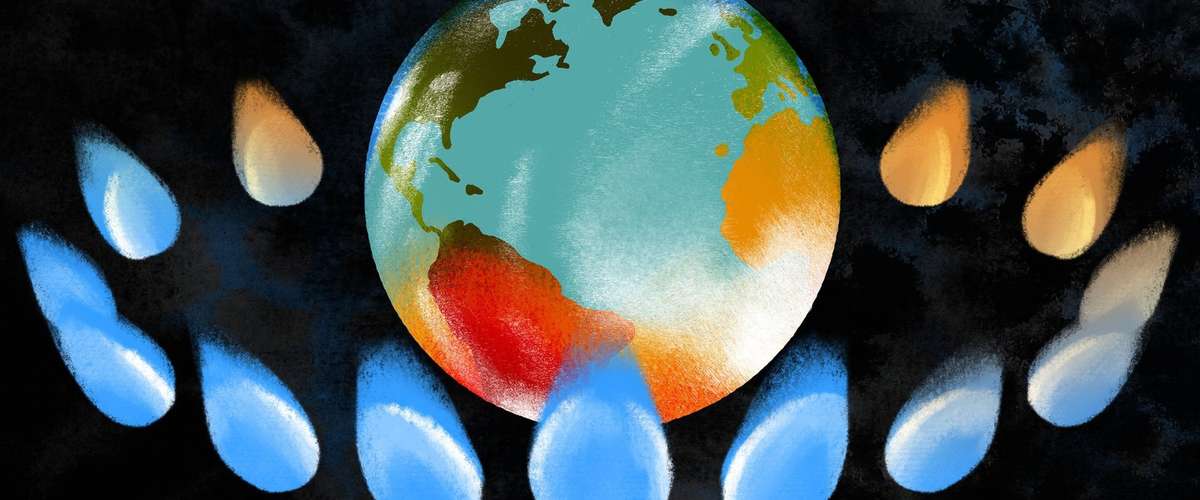












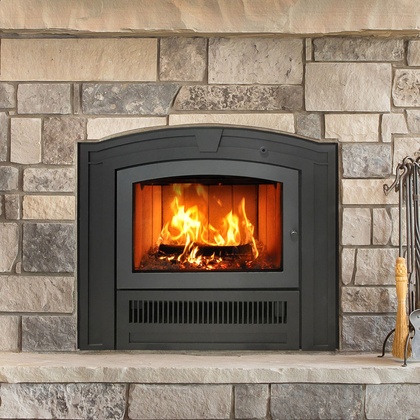


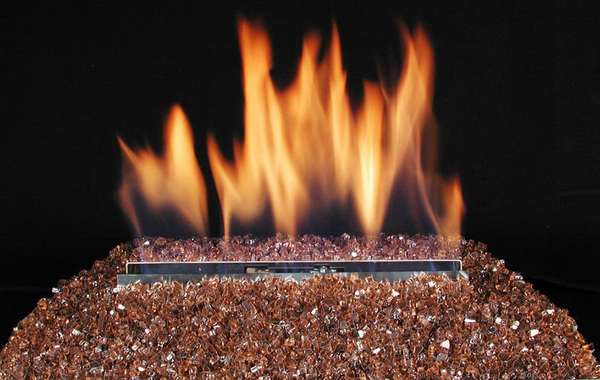
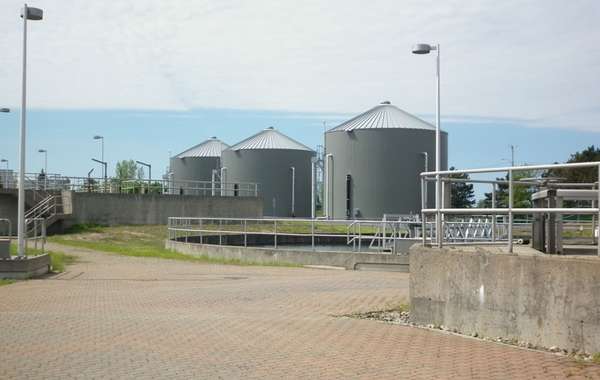
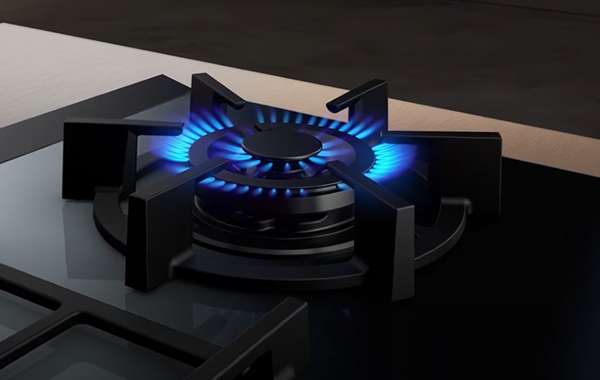
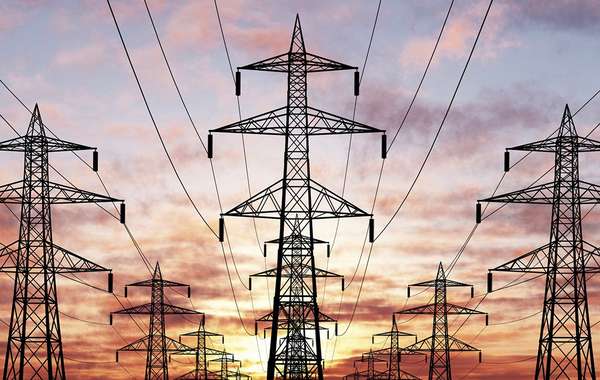
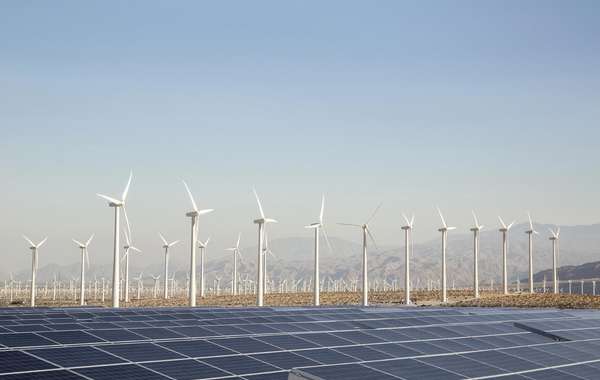

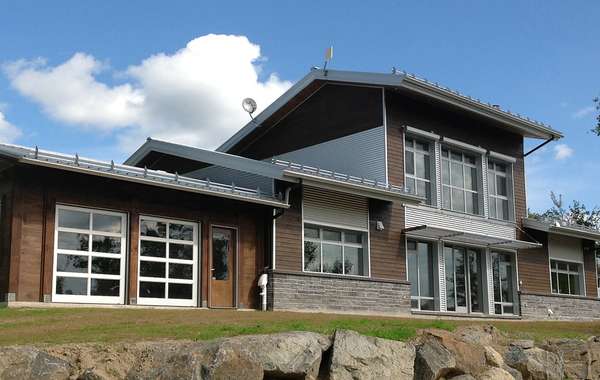
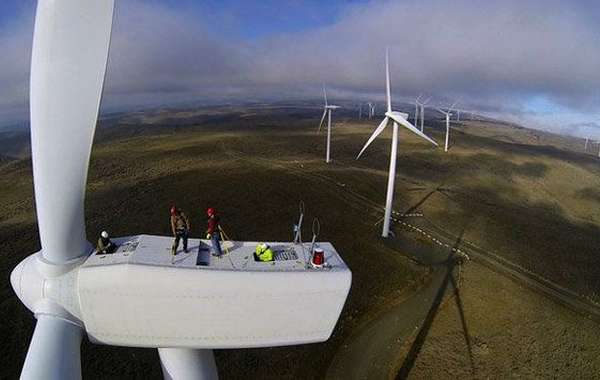
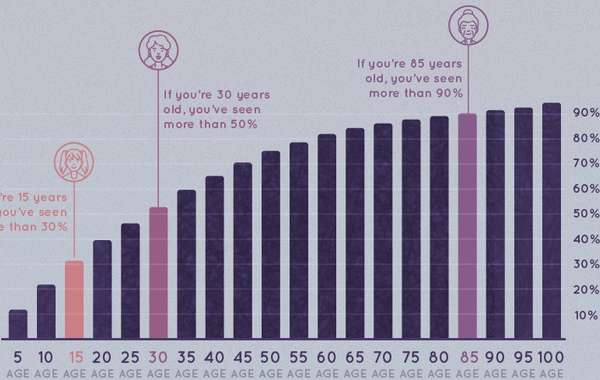

You get a F in chemistry. CH4 with 02 produces heat & the only by product is H2O. It's too bad you publish such rubbish & leftist politicians listen putting in place policies which are more detrimental to "the environment" that you purported are in love with!
You failed to account for what happened to the carbon atom in the methane. The balanced equation for the burning of methane clearly shows the creation of carbon dioxide:
CH 4 + 2 O 2 → CO 2 + 2 H 2 O
Thanks for taking the time to correct the above comment James.
...the natural gas power plants get dispatched to run for the increased demand. (burn it at the source or burn it and send it on transmission lines at increased cost)